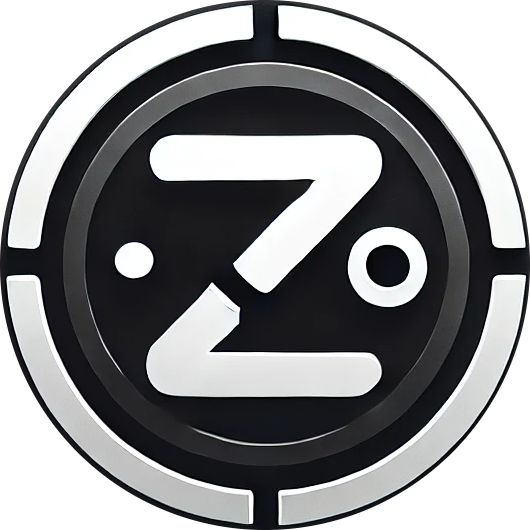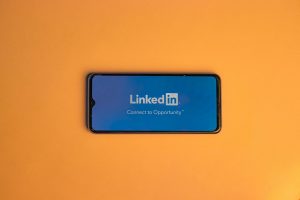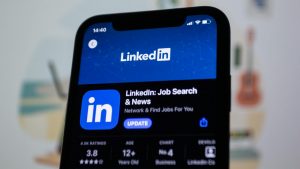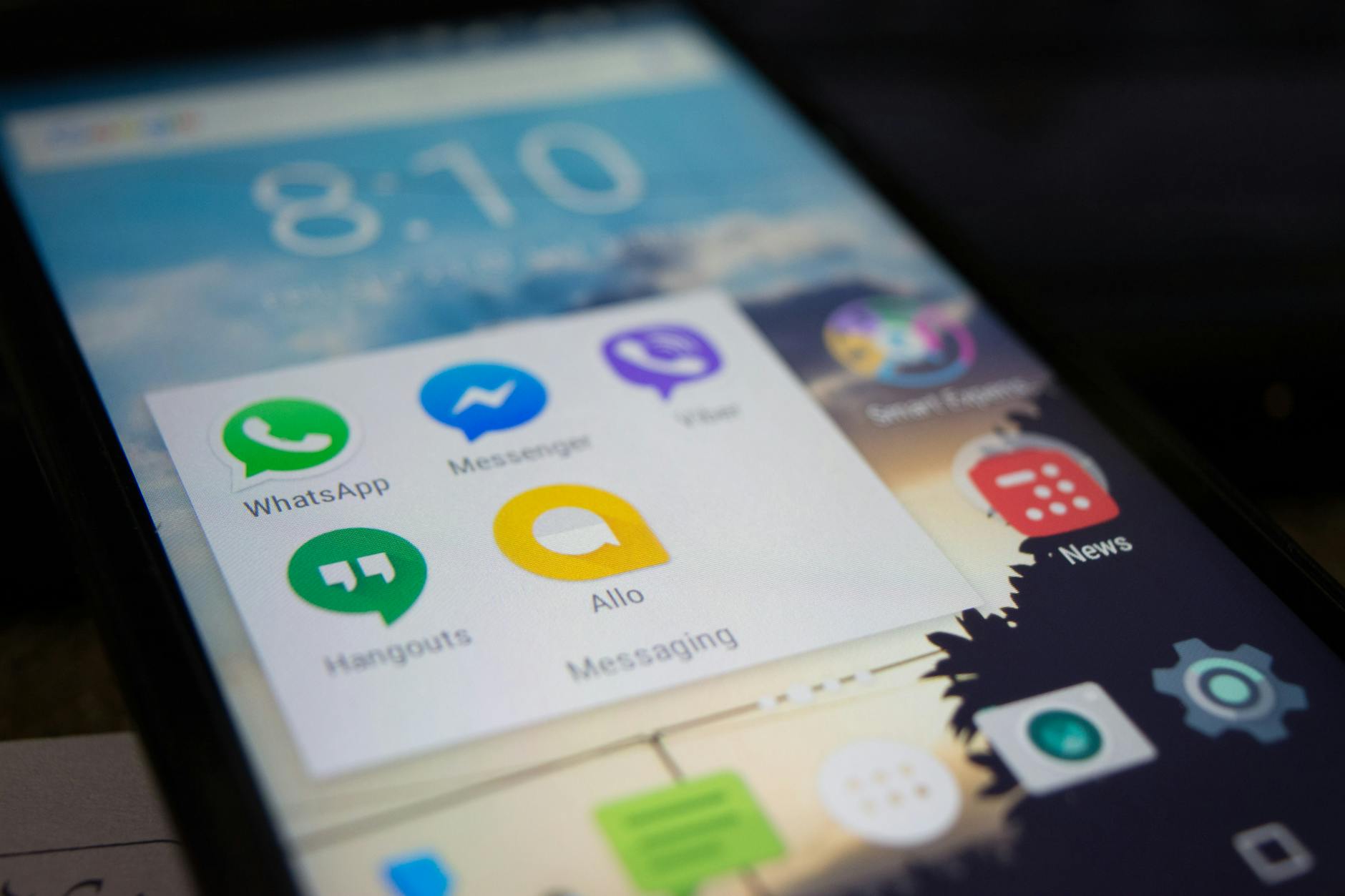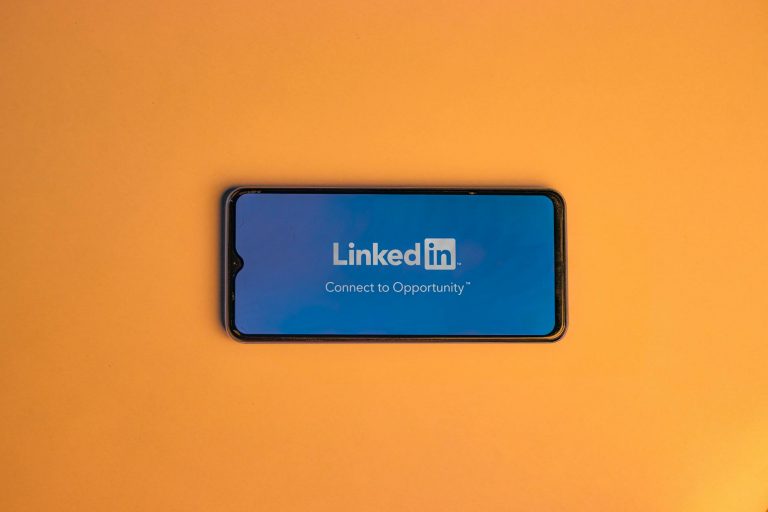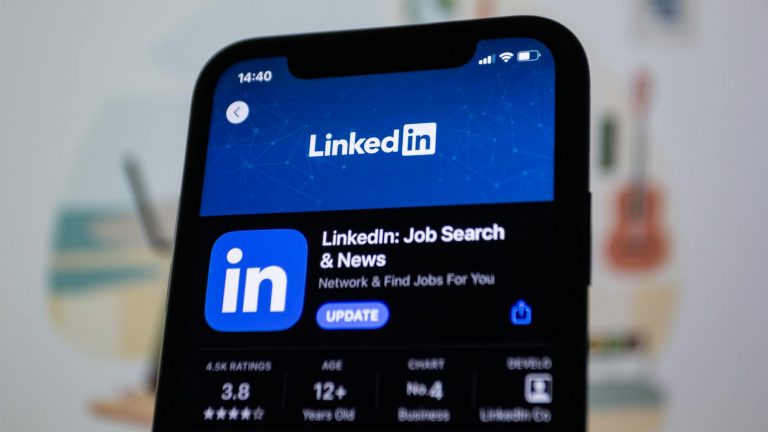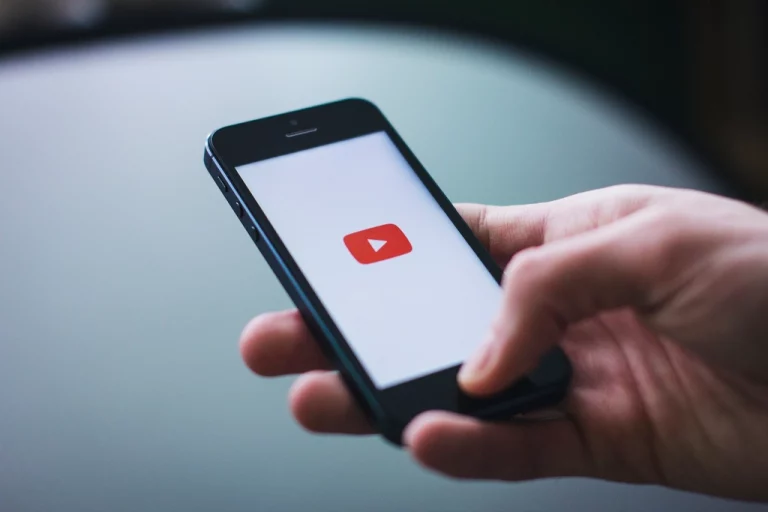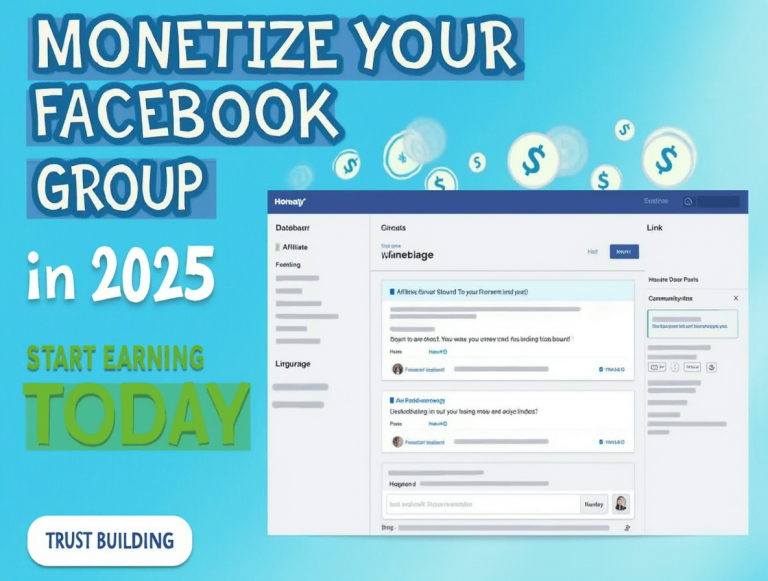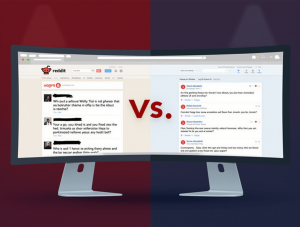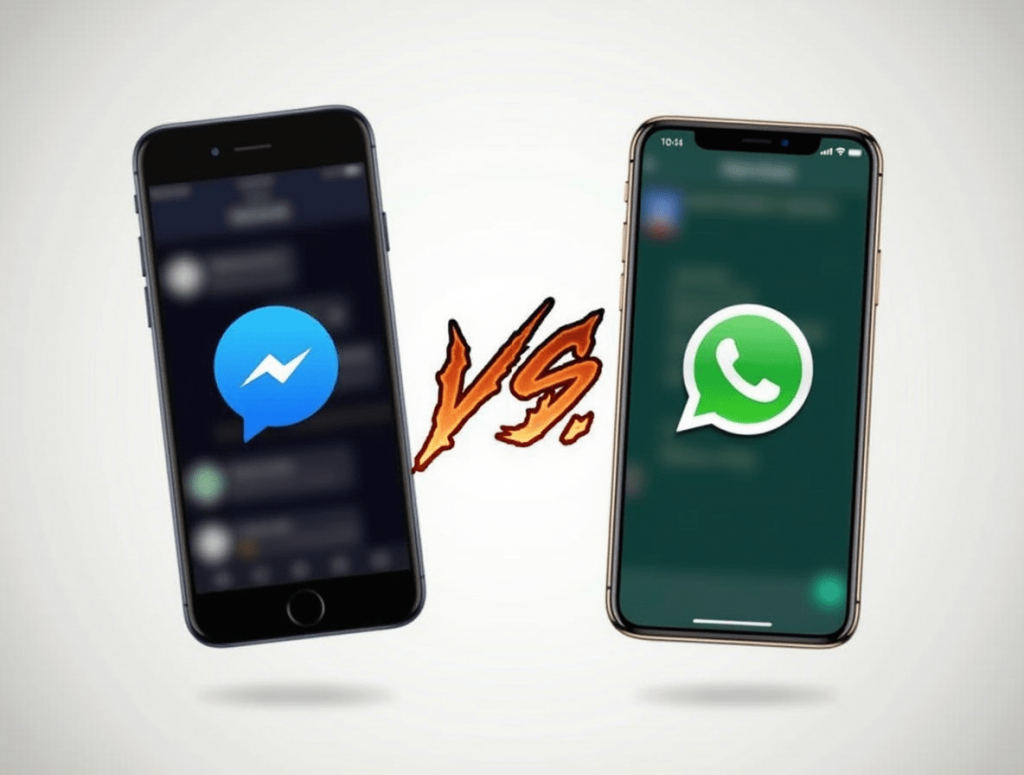
Over 3.8 billion people worldwide use messaging apps daily, making them the most common way we connect digitally. Among these apps, Facebook Messenger and WhatsApp—both owned by Meta—dominate the market with a combined 3+ billion users.
Despite sharing the same parent company, these platforms offer distinctly different experiences and features. If you’re struggling to decide which one deserves space on your home screen or which you should use for specific communication needs, you’re not alone.
This guide compares Facebook Messenger and WhatsApp across all critical factors—from privacy and security to features and ease of use—to help you make an informed decision about the best messaging platform for your specific needs.
Platform Origins and Evolution
Facebook Messenger: The Social Network Extension
Originally integrated within Facebook, Messenger launched as a standalone app in 2011. Its development reflects its roots as an extension of Facebook’s social networking ecosystem:
- Social Integration: Deeply connected with Facebook’s social graph
- Platform Evolution: Transformed from simple chat functionality to a robust communication platform
- Business Focus: Increasingly emphasized as a business-to-consumer communication channel
- Identity Model: Tied to Facebook identity, making anonymity difficult
WhatsApp: The Mobile-First Messenger
Founded in 2009 and acquired by Facebook (now Meta) in 2014, WhatsApp began with a fundamentally different approach:
- Mobile-First Design: Built around phone numbers rather than social media profiles
- Simplicity Philosophy: Initially focused on clean, straightforward messaging
- Global Adoption: Gained massive international popularity, especially in emerging markets
- Independent Operation: Maintains more operational independence from Meta than Messenger
User Interface and Experience
Facebook Messenger’s Interface
Messenger’s design prioritizes integration with Meta’s broader ecosystem:
- Feature-Rich Layout: Packed with tools, games, and integrations
- Visual Customization: Extensive theme and chat customization options
- Navigation Complexity: More tabs and features can create a busier interface
- Desktop Experience: Full-featured desktop app and web interface
WhatsApp’s Interface
WhatsApp maintains a more minimalist approach:
- Streamlined Design: Focused primarily on messaging functionality
- Intuitive Navigation: Simpler tab structure with clear categorization
- Consistency: Similar experience across platforms and devices
- Status Focus: Prominent placement of Status feature (similar to Stories)
Core Messaging Features
Text and Media Messaging
Both apps offer comprehensive basic messaging capabilities:
Facebook Messenger:
- Rich text formatting with more emoji and sticker options
- Seamless photo and video sharing with fewer compression issues
- Robust GIF integration and search
- Reaction options for individual messages
WhatsApp:
- More streamlined text messaging with focused design
- High-quality media sharing with compression controls
- Voice message recording with more playback speed options
- More limited but adequate reaction options
Voice and Video Calls
Facebook Messenger:
- Supports up to 50 participants in group video calls
- Advanced AR effects and backgrounds
- Room creation for persistent group calls
- Integration with Portal hardware
WhatsApp:
- Supports up to 32 participants in group video calls (increased from 8)
- Simpler, more reliable call connection in areas with poor connectivity
- Lower data consumption optimized for mobile networks
- Screen sharing capabilities on both mobile and desktop
Privacy and Security
WhatsApp’s Security Approach
WhatsApp has positioned itself as privacy-focused:
- End-to-End Encryption: Enabled by default for all communications
- Disappearing Messages: Options for temporary messages that auto-delete
- Privacy Controls: Granular settings for last seen status, profile photos, and status updates
- Independent Backup: Encrypted backup options through Google Drive or iCloud
Facebook Messenger’s Security Approach
Messenger has been playing catch-up on security:
- Optional Encryption: End-to-end encryption available but not enabled by default
- Secret Conversations: Separate mode for encrypted, time-limited messages
- Integration Concerns: Facebook data sharing and integration raise privacy questions
- Account Controls: Connected to broader Facebook privacy settings
Platform Ecosystem and Integration
Facebook Messenger’s Connected Environment
Messenger thrives on integration:
- Facebook Connection: Direct access to Facebook contacts and content
- Cross-App Functionality: Integration with Instagram DMs
- Platform Capabilities: Mini-apps, games, and business tools
- Commercial Features: Shopping, payment systems, and business messaging
WhatsApp’s Standalone Strength
WhatsApp functions more independently:
- Contact Integration: Based on phone contacts rather than social connections
- WhatsApp Business: Separate but compatible business platform
- Limited Third-Party Tools: Fewer external integrations but growing API access
- Payment Systems: Region-specific payment solutions (particularly strong in India)
Group Communication Features
Group Chats
Facebook Messenger:
- Groups up to 250 members
- Extensive customization of group identity
- Polls, shared calendars, and event planning
- Group watch for synchronized content viewing
WhatsApp:
- Groups up to 1024 members (increased from 256)
- Communities feature for managing multiple related groups
- Robust admin controls and moderation tools
- Broadcast lists for one-way communication to multiple contacts
Channels and Public Communication
Facebook Messenger:
- Less emphasis on broadcast channels
- Relies more on Facebook Pages for public communication
- Integration with Facebook Groups
WhatsApp:
- Dedicated Channels feature for one-way broadcasting
- Following mechanism for public figures and organizations
- Greater separation between private messaging and public content
Cross-Platform Compatibility
Device and OS Support
Facebook Messenger:
- Available on iOS, Android, Windows, macOS
- Web version with full functionality
- Portal hardware integration
- More resource-intensive on older devices
WhatsApp:
- Available on iOS, Android, with linked device support
- Web version with improving functionality
- Multi-device capability without requiring phone connection
- Generally more efficient on low-end hardware
User Demographics and Global Reach
User Base Distribution
Facebook Messenger:
- Stronger presence in North America and Europe
- Higher adoption among users aged 25-44
- More urban concentration
- Tied to Facebook’s demographic trends
WhatsApp:
- Dominance in Latin America, Africa, India, and parts of Europe
- Broader age distribution with strong adoption across generations
- Significant penetration in developing markets
- More commonly used as a primary communication tool
Business and Commercial Features
Business Communication Tools
Facebook Messenger:
- More developed customer service automation
- Click-to-Messenger ads integration
- Product catalogs and in-chat purchasing
- Better analytics and customer management tools
WhatsApp:
- WhatsApp Business app for small businesses
- WhatsApp Business API for larger enterprises
- Growing commercial features including catalogs
- Official business verification and profiles
Data Usage and Performance
Network and Storage Efficiency
Facebook Messenger:
- Higher data consumption for regular use
- More background data activity
- Larger app size and storage requirements
- Greater battery impact
WhatsApp:
- Optimized for minimal data usage
- Data-saving options for calls and media
- Smaller application footprint
- More efficient background operation
Future Development Direction
Platform Evolution Trends
Facebook Messenger:
- Moving toward deeper integration with Meta’s “metaverse” vision
- Expanding AR and VR capabilities
- Increasing focus on payment and commercial systems
- Gradually enhancing encryption and privacy features
WhatsApp:
- Maintaining focus on reliable, secure messaging
- Expanding business features while preserving core functionality
- Cautious feature additions that preserve simplicity
- Strengthening multi-device capabilities
Conclusion: Choosing the Right Messaging App
Both messaging platforms offer compelling advantages for different use cases:
Choose Facebook Messenger when:
- You primarily communicate with Facebook friends
- You want rich features, games, and integrations
- You prefer extensive customization options
- You need advanced group features for social planning
- You use multiple Meta platforms and want integrated messaging
Choose WhatsApp when:
- Privacy and security are top priorities
- You communicate internationally with diverse contacts
- You need reliable messaging in areas with poor connectivity
- You prefer a simpler, more focused messaging experience
- You want end-to-end encryption by default
For many users, the ideal solution involves using both apps strategically—WhatsApp for more private, secure conversations and international communication, and Messenger for social coordination with Facebook connections and access to its richer feature set.
Frequently Asked Questions
Can I use Facebook Messenger without a Facebook account?
Yes, you can sign up for Messenger with just a phone number, but functionality may be limited compared to users with linked Facebook accounts.
Does WhatsApp share my data with Facebook?
WhatsApp does share some metadata with Meta (Facebook’s parent company), but message content remains encrypted and cannot be read by Meta due to end-to-end encryption.
Which app uses more data for video calls?
Facebook Messenger typically uses more data for video calls than WhatsApp, which is optimized for efficiency on mobile networks.
Can I use both apps on the same device?
Yes, both apps can be installed and used simultaneously on the same device without conflicts.
Which app is better for business communication?
For small businesses, WhatsApp Business offers an accessible starting point. For larger companies with more complex needs, Messenger provides more advanced automation and integration options.
Are messages backed up on both platforms?
WhatsApp offers cloud backups to Google Drive (Android) or iCloud (iOS). Messenger conversations are automatically stored on Facebook’s servers unless you’re using Secret Conversations.
This article was last updated on April 12, 2025. App features and statistics may change over time.
External Links:
